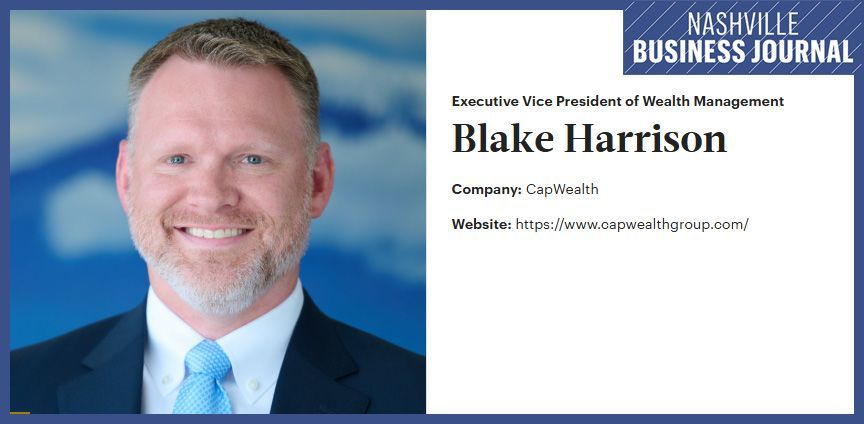Study: Millennials reaping the benefits of the side hustle
November 12, 2018
Earlier this year,
Bankrate released a new study about the
side hustle . According to the survey, nearly 4 in 10 Americans have a side job (about 37 percent of the population). Millennials were more likely to have a side hustle than other generations, however, with 38 percent of that generation alone reporting that they make money from a side hustle at least once a month. Overall, though, more than half of all
millennials – 51 percent – report having an occasional side hustle. That caught my attention. The study also noted that the average monthly earnings for millennials with side hustles is almost $580, with 15 percent of side-hustling millennials taking in more than $1,000 per month. That’s significant additional income for these early earners (and investors/savers) – and I’d say it also provides a case against the “lazy, entitled millennial” stereotype.
So, what is a side hustle?
The term “hustle” might conjure a scandalous, back-alley pretense, but a side hustle is just an extra job, often done occasionally or on a part-time basis, to earn extra money outside of a regular paycheck.
According to Bankrate’s survey, the most common side hustles are home repair, landscaping, online sales, crafts and childcare. And, while Uber and Lyft get a lot of attention for the rise of the gig economy, more Americans hustle as bartenders than ride-share drivers.
Those wanting to take a big leap chose real estate as an industry to start side hustling due to the huge profitability opportunities. Not only is the money side of things attractive, but there are many different directions those choosing to get involved with real estate could go, including becoming an agent, wholesaling, or getting involved with buy and hold or
fix and flip . While real estate can seem like a scary step to make, this is definitely a side hustle that can mean profiting more than anticipated.
The
gig economy describes today’s environment where temporary positions have become more common than ever, providing opportunities for freelancing rather than being tied down to one job or company – and saving companies money in terms of benefits, office space and training. A study by Intuit has predicted that by 2020, 40 percent of American workers will be independent contractors.
What’s the benefit?
So, what’s the draw? Why are millennials so eager to participate in this new gig economy? Here’s what I’ve learned from my experience.
Paying off debt
. It’s not just student loans millennials are trying to pay off. Because of the extreme availability of credit cards, many have racked up credit card debt and are now trying to climb out of the hole they’ve gotten themselves into.
Extra cash to supplement their lifestyle. It’s expensive to live in today’s world, and while they haven’t yet reached their full earning potential, millennials can use the additional income to fund their social lives, go out to eat more often and take vacations.
Saving for retirement
. Millennials – and others in the gig economy – are using the extra income to save for retirement. Their existing budget may not allow for the extra
savings needed to boost their retirement funds, so the side hustle allows money to go straight to those savings.
And finally, flexibility. The traditional 8-to-5 job just doesn’t appeal to some people. Therefore, some side-hustlers are turning their temporary trades into a permanent
career choice . The freelancer lifestyle also provides flexibility to take on jobs and projects that they want to work on, when they want to work on them – and offers the opportunity to take time off in between. So, whether it’s to support or supplement their current lifestyle or to secure a comfortable future lifestyle, the side hustle is affording millennials the opportunity to get more out of life.
Jennifer Pagliara is a senior vice president and financial adviser with CapWealth and a proud member of the millennial generation. Her column speaks to her peers and anyone else that wants to get ahead financially.














